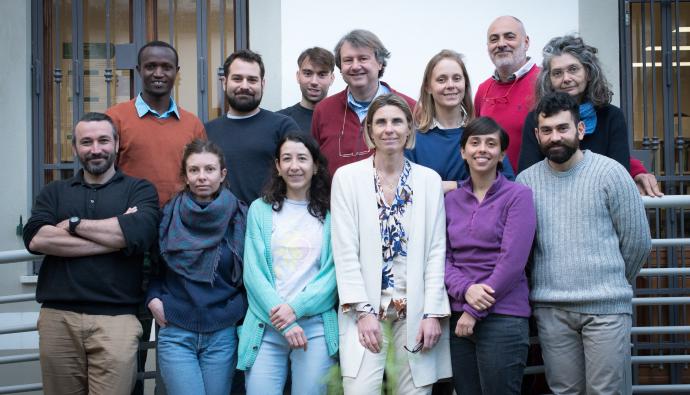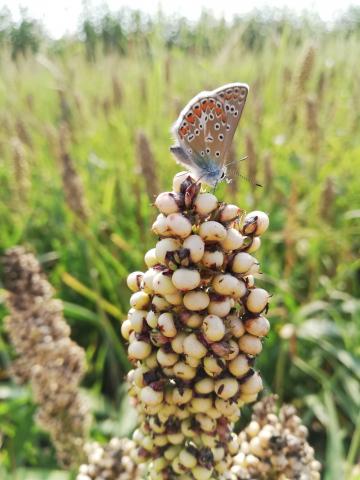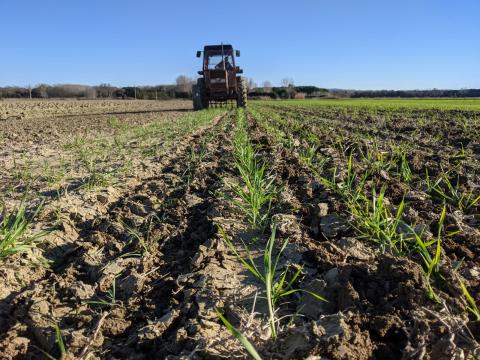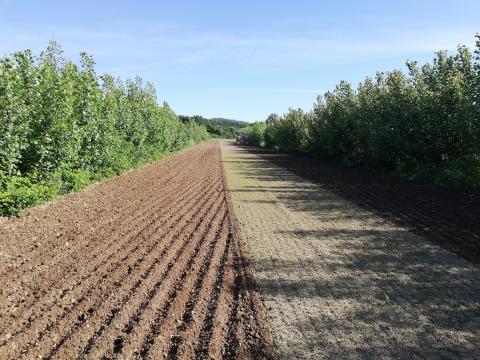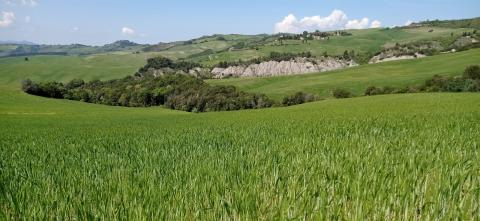Agroecologia

La ricerca condotta dal Gruppo di Agroecologia dell’Istituto di Scienze delle Piante comprende un'ampia gamma di argomenti, tra cui lo studio della biodiversità funzionale negli agroecosistemi, la dinamica delle popolazioni e delle comunità vegetali, le interazioni tra piante, insetti e microrganismi.
L'obiettivo primario della ricerca è comprendere e descrivere i complessi meccanismi e le interazioni tra i vari livelli trofici all'interno degli agroecosistemi, con le piante coltivate e spontanee che fungono da punti di intersezione chiave. Un'attenzione specifica è rivolta alle interazioni tra piante e microrganismi del suolo, nonché tra piante ed entomofauna, e al modo in cui queste interazioni influenzano la stabilità, la resilienza e la fornitura di servizi ecosistemici dell'ecosistema.
Questi effetti sono valutati a livelli di agrobiodiversità (diversità genetica, di specie e di habitat) e di pratiche di gestione degli agroecosistemi su varie scale spaziali (campo, azienda agricola, paesaggio) e temporali (a breve, medio e lungo termine). Particolare enfasi è posta sullo studio dei meccanismi agroecologici fondamentali che migliorano la protezione delle colture contro i parassiti fitofagi, le erbe infestanti e la nutrizione delle colture in sistemi con forte riduzione dell'uso di input esterni (ad es. agricoltura biologica, agricoltura rigenerativa).
I ricercatori del Gruppo di Agroecologia conducono numerosi esperimenti a lungo termine - in modo indipendente e in collaborazione con altre istituzioni - che forniscono preziosi dati complementari per analizzare e modellare gli effetti delle interazioni ecologiche. La ricerca si estende a diversi sistemi di produzione, tra cui quelli erbacei, arborei e misti.
Per perseguire i propri obiettivi, che non si limitano all'interesse scientifico, il Gruppo di Agroecologia punta ad applicare le innovazioni agroecologiche nei sistemi agroalimentari. A tal fine, conduce attività di ricerca partecipativa in aziende agricole sperimentali e commerciali, in collaborazione con agricoltori ed altri attori delle filiere agroalimentari, nell'ambito di Living Labs agroecologici.

